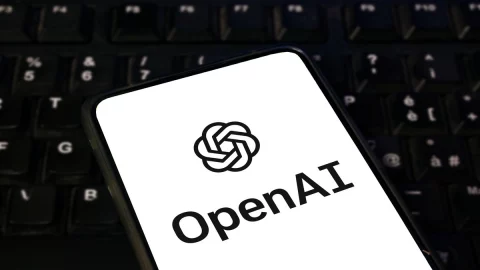In the beginning it was a trivial system to find out if a user returned to visit a site or not. The page you landed on, using your Internet browser, left a sign of the consultation: a “cookie” – a biscuit – to be precise.
Over the years, this simple sign has become enriched with information, so much so that today – through cookies – you have the opportunity to know much more than a data of attendance of a particular site. Within the cookies there may be, for example:
- the login credentials of a user to a website
- the time and date of access
- the domain of origin
- the number of pages visited within the same site
- the time spent on a particular page
- the geographical origin
- the age and gender of the user
- navigation customization settings (language, number of results per page - in the case of a search engine site -, filters on the chosen sources, zoom level, etc ...)
- the list of items within a digital shopping cart (in the case of an e-commerce site)
- the user's path within the site (page consultation order)
- the advertising messages that have captured the attention (through clicks) of the user, when they were selected and in which position the specific banner was located within the page.
- the classification of the user in an assumed standard profile, his interests (via search words used) and behavior during navigation (via actions performed with the mouse)
- the preferences of specific topics among those proposed in the context of one's social networks
This information comes transmitted to the server of the consulted site – or even to sites corresponding to an advertisement – every time the user views a resource belonging to that site. On the one hand, remembering certain user inputs and/or choices simplifies online navigation and makes it faster and usable, but on the other it generates a digital scenario in which many feel at ease discomfort.
For this reason, one regulations relatively recent obliges every Internet site to warn the user, with a summary of what is set out here, of the possible flow of data from and to the server of who supplies each cookie. The communication must take place starting from the first access to any resource of a specific domain (even from third parties) that uses cookies. The user has the obligation to choose whether to accept cookies and continue with classic navigation or not to allow this monitoring and do without certain conveniences, but to preserve the dissemination of the data listed above. Sometimes, many of the services available on one site they cannot be disbursed without the use of cookies. For this reason, the majority of online surfers perceive this "choice" as a nuisance and an unnecessary slowdown.
Well, Google hasn't found a solution that makes everyone happy – users, advertisers, national privacy regulators and technicians – yet. Least of all have all the other players on the web found it, including its competitors (unless calling the "solution" the block of a feature). It should be said, though: no one is looking for an alternative to cookie technology, it's not about abolish cookies, but to resolve only the most controversial part of the matter, i.e. the one concerning user privacy when dealing with third-party cookies. In short, that all data is saved, but that it is not shared with other parties that do not own the domain you are visiting.
Google thought that, somehow, it would solve the problem by the end of 2021, also because, in January 2020, it had already proposed a new way with which advertisers and advertising technology companies could target an advertisement to the public, without the browser revealing anyone's browsing habits or interests in certain product categories.
However, this system, as part of a broader involvement of participants in the ad technology ecosystem, has been questioned in several ways. The problem is that, of the proposed improvements, some can be fit through simple changes techniques, others require a more in-depth collection of requirements and a careful design work and still others require acompletely new infrastructure server side and multi-party collaboration.
Result? It's better to take your time. Also because it must be remembered that Google is in a unique position in the sector, which does not allow it to develop with the same freedom of other operators. The new date is that of the end of 2023, i.e. a margin of 2 and a half years, to complete a project that already has a name before 2020: Turtledove.




